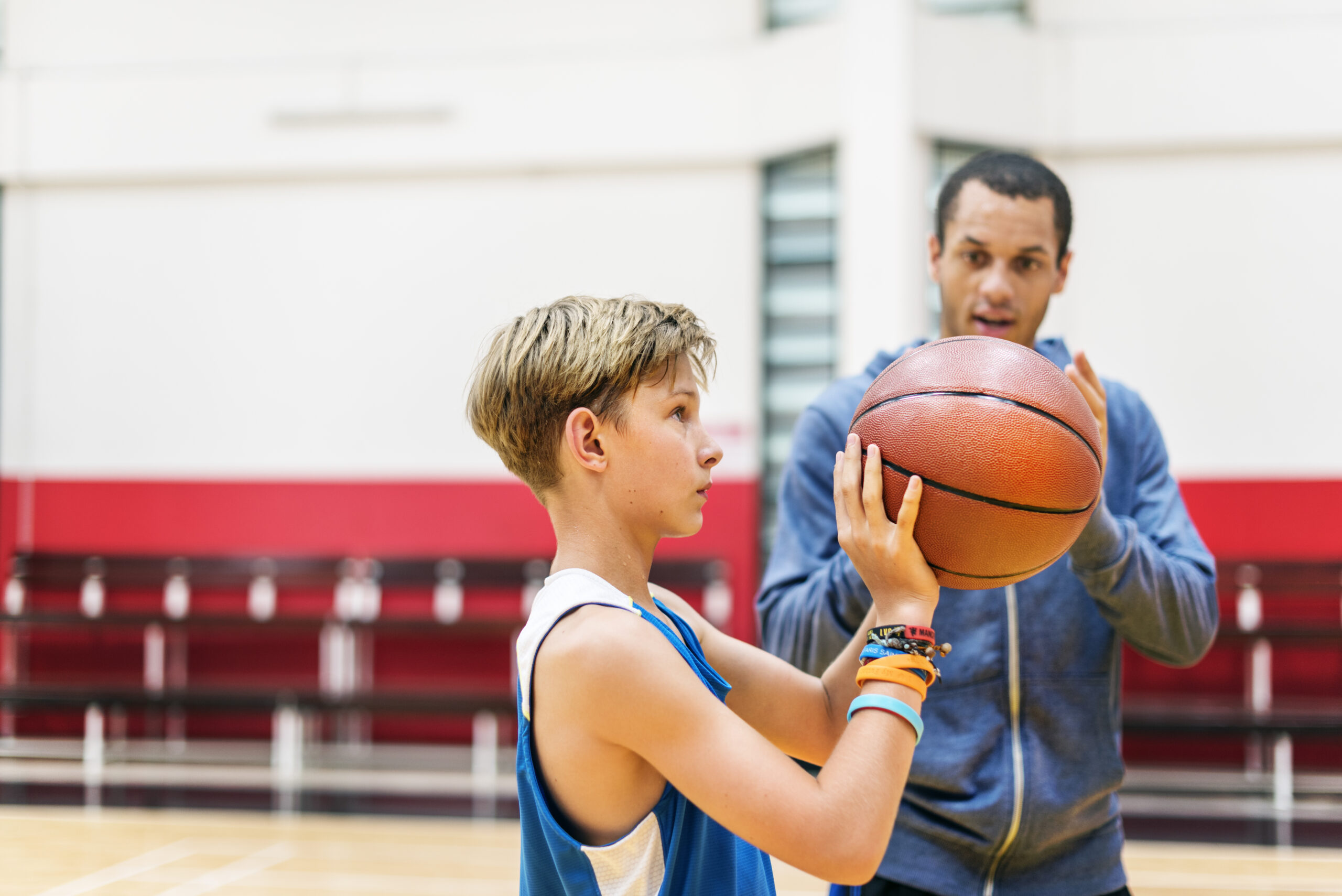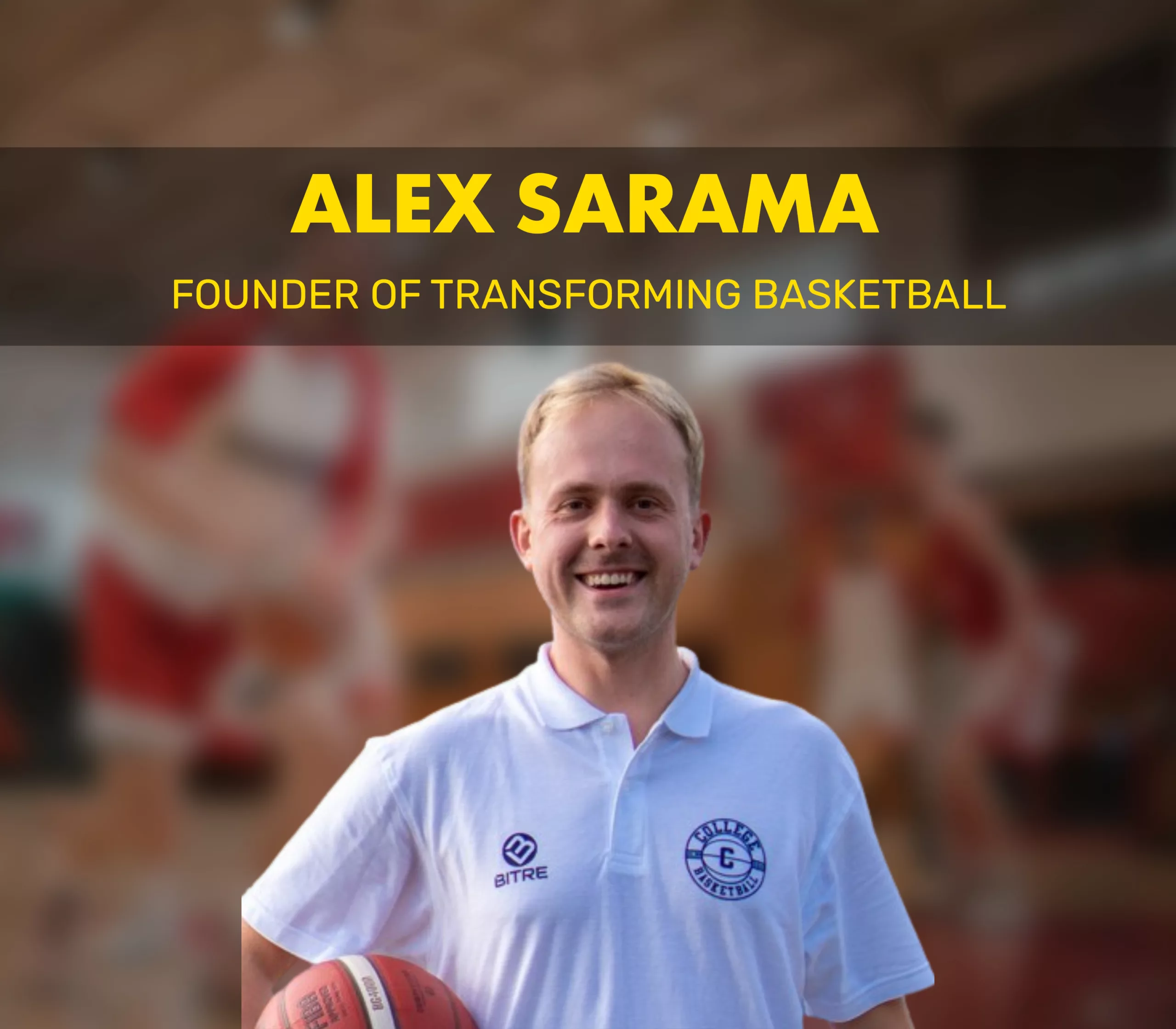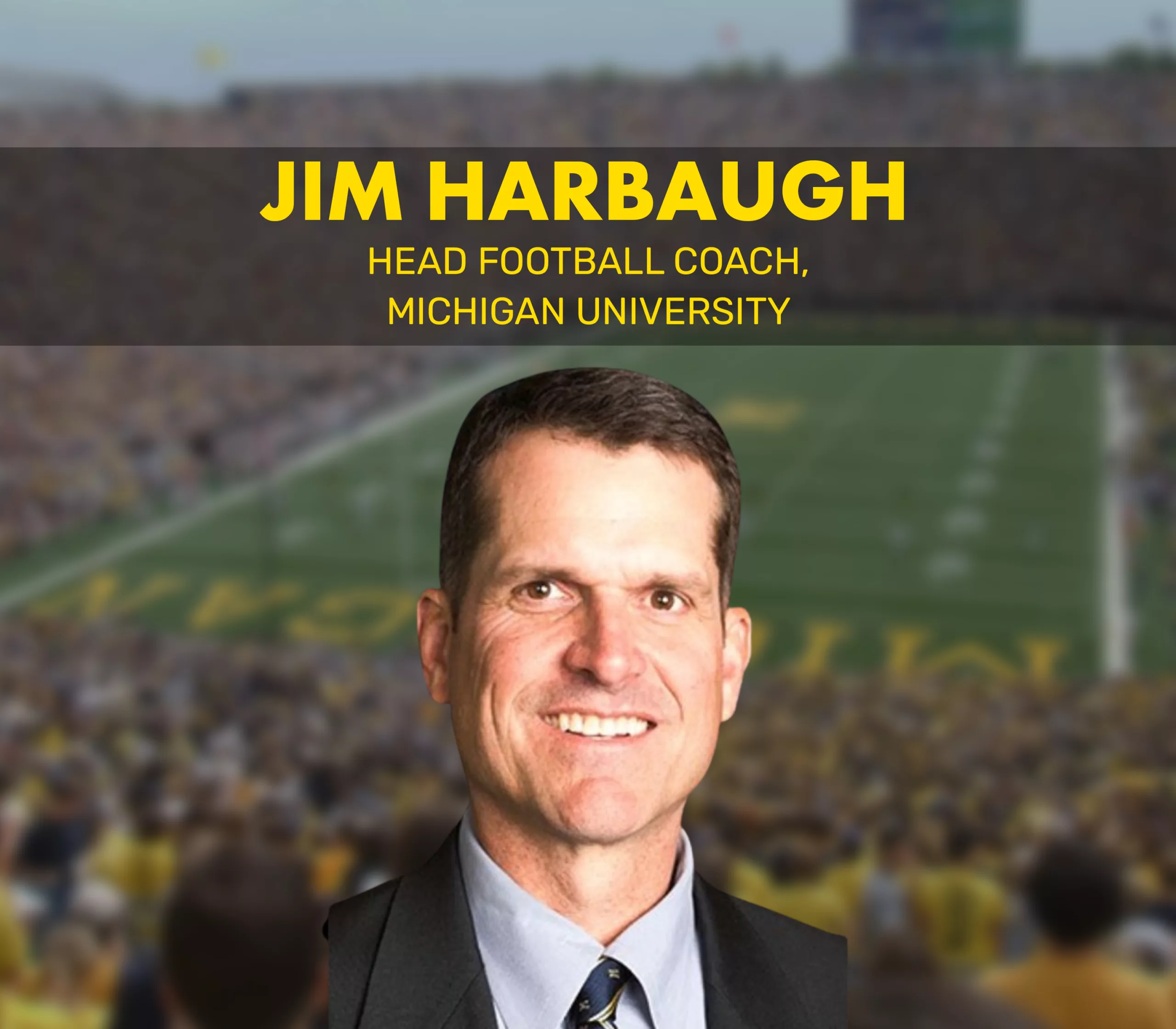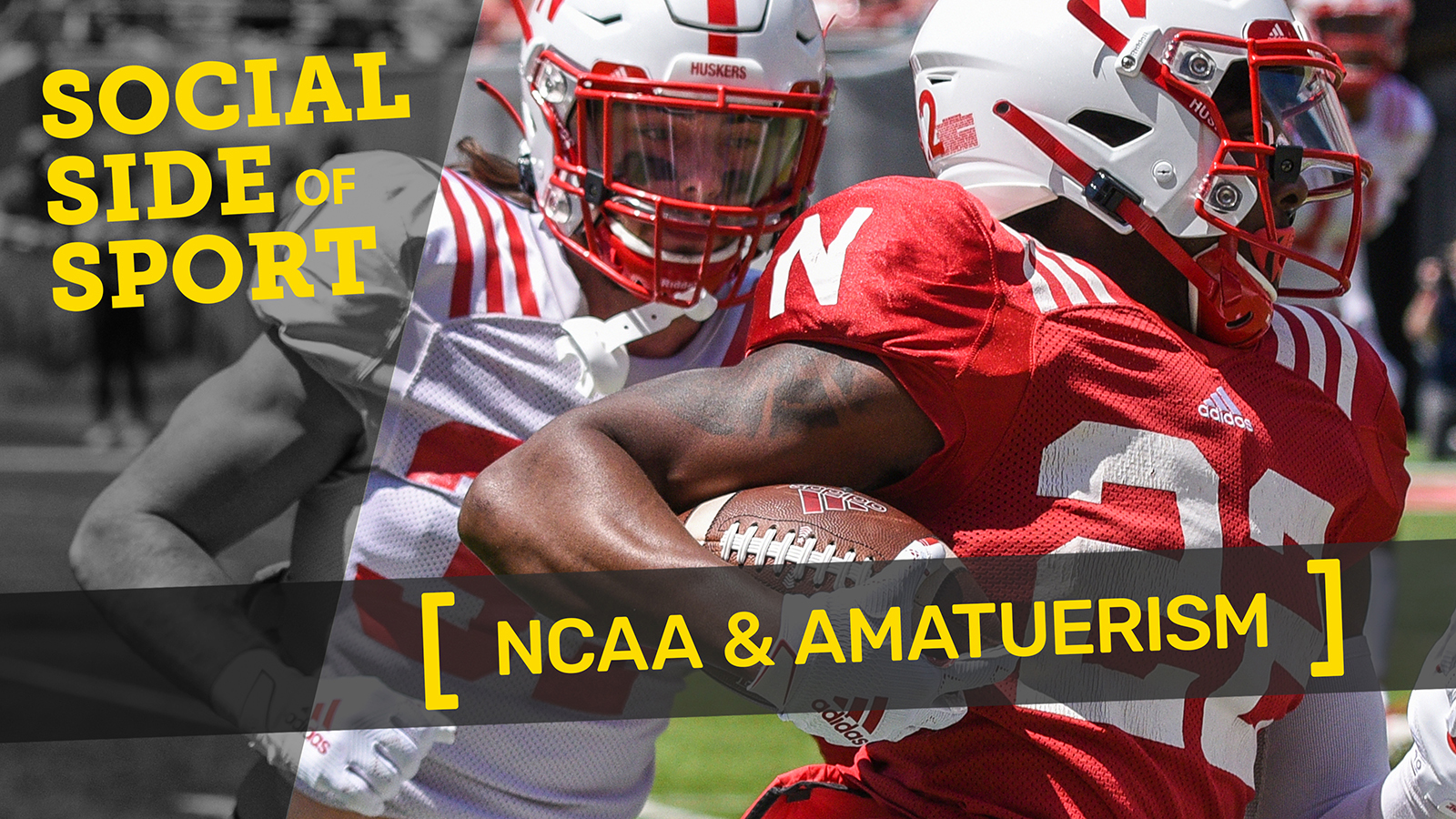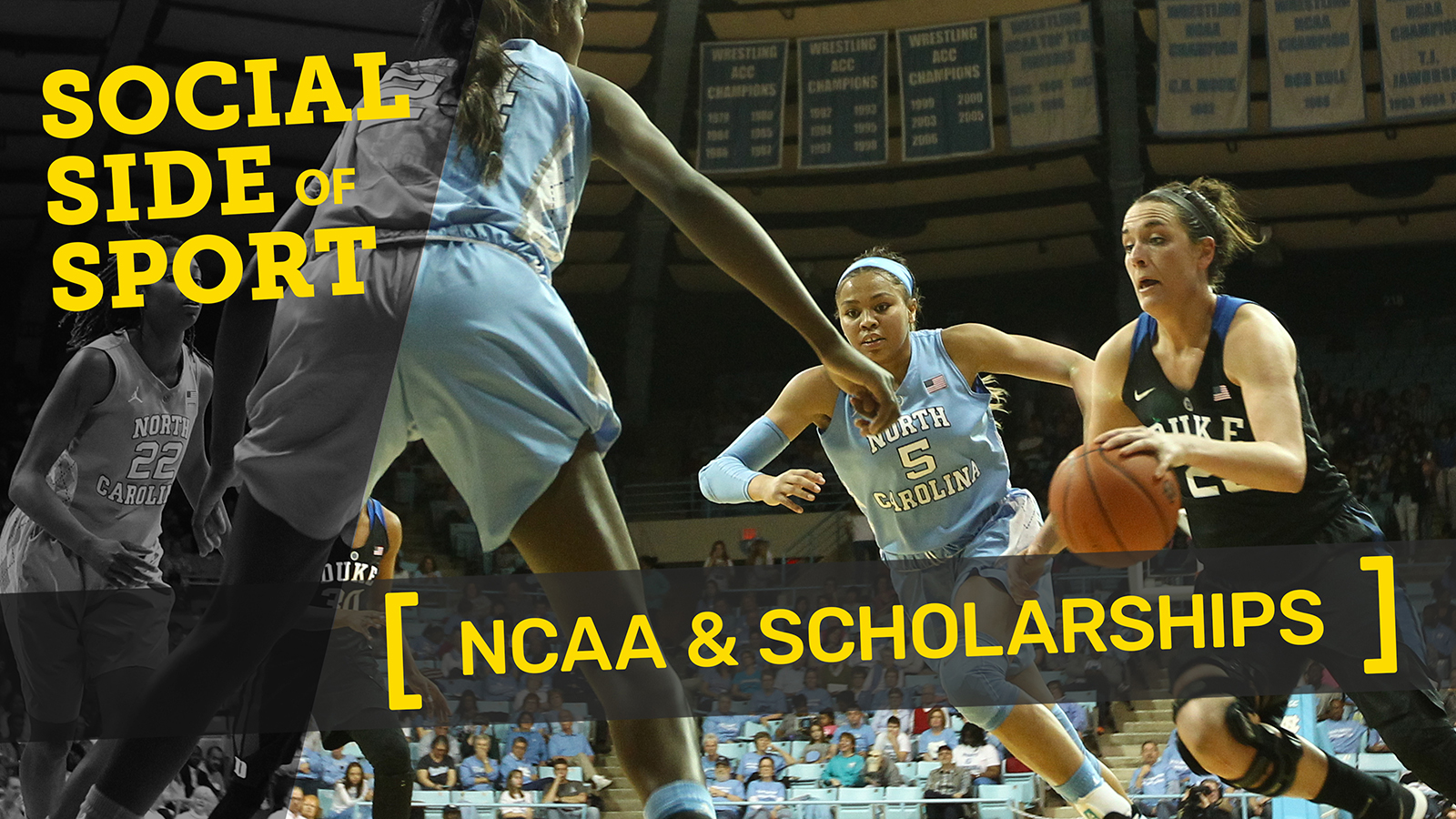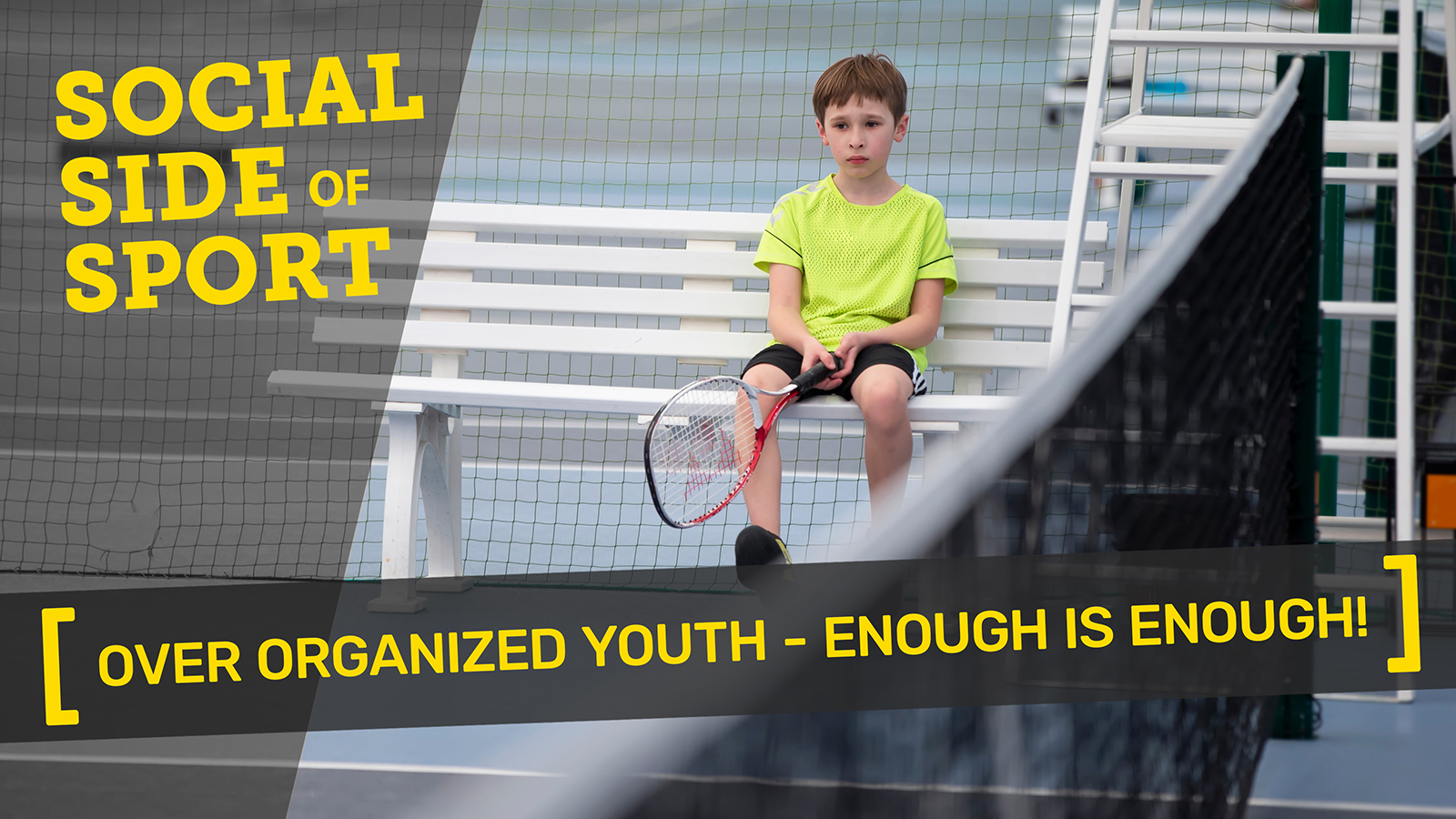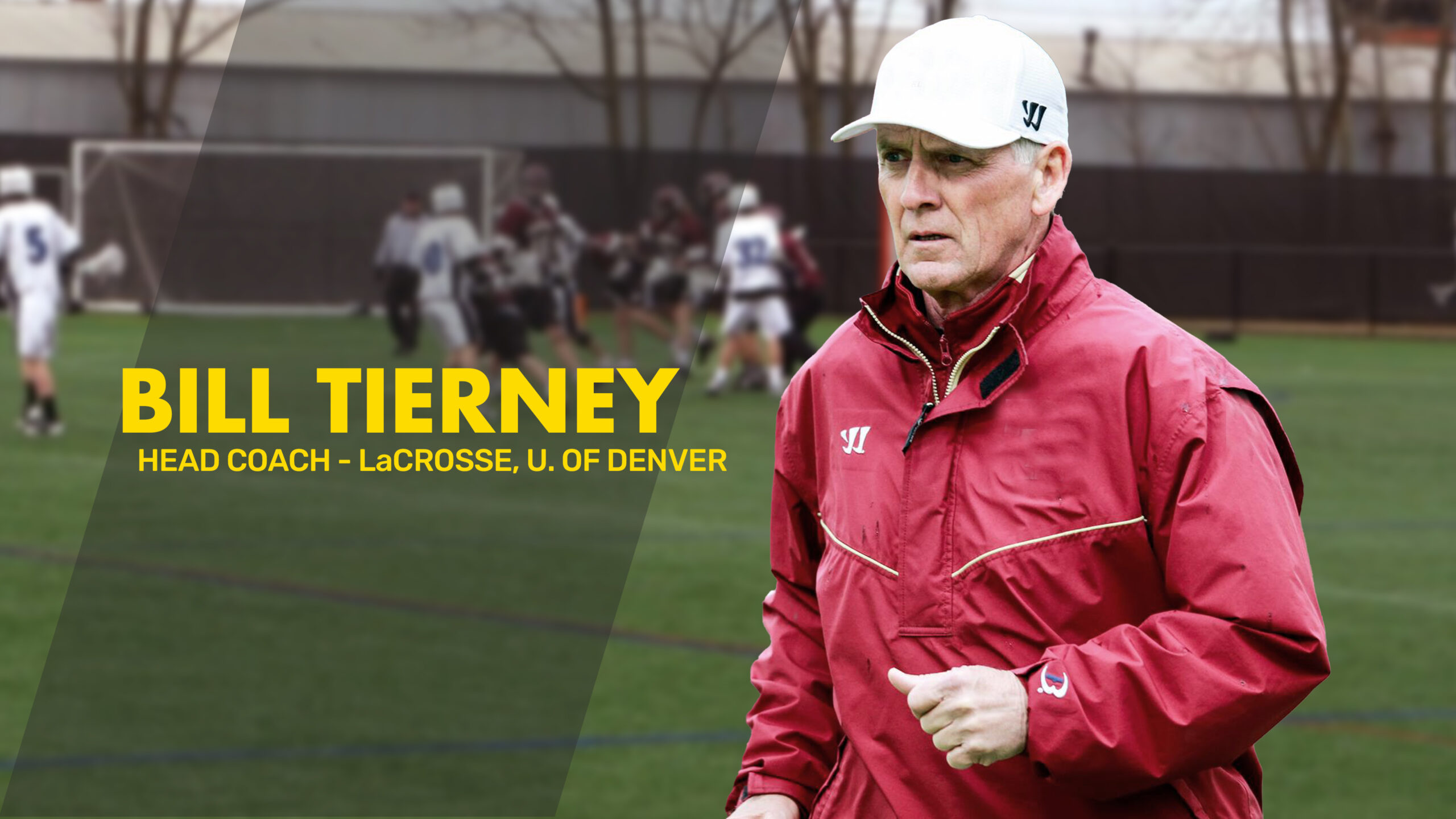The Developmental Model of Sport Participation
The most prominent conceptualization of athletic development is the Developmental Model of Sport Participation, and it consists of seven basic assumptions that have stood up to scientific scrutiny. These postulates not only promote the development of expertise, but also the physical health and psychosocial development for all children involved in youth sport.
Unlike the pyramid approach, this model does not support elite programs or the early selection of talent during childhood. It features the interaction of variables at all levels.
1. Early diversification does not hurt elite sport participation in sports where peak performance is reached after maturation.
2. Sampling, or trying out a bunch of sports and activities, is linked to a longer sports career and has positive implications for long-term sport involvement.
3. Early diversification allows participation in a range of settings that most favorably affect positive youth development.
4. A lot of deliberate play during the sampling years builds a solid foundation of intrinsic motivation. It does this through involvement in activities that are enjoyable and promote self-management.
5. A lot of deliberate play during the sampling years establishes a wide range of motor and cognitive experiences that children can ultimately bring to their main sport of interest. Deliberate play builds a solid foundation of generalizable skills.
6. Around the end of primary school, about age 13, children should have the opportunity to either choose to specialize in their favorite sport or continue in sport at a recreational level. The primary goals of recreation are an extension of the sampling years, with an emphasis on enjoyment and health. They can involve deliberate play and deliberate practice. But if specialization is desired, then more time is dedicated to the chosen activities.
7. By late adolescence, around age 16, kids have developed the physical, so…




